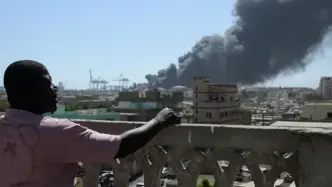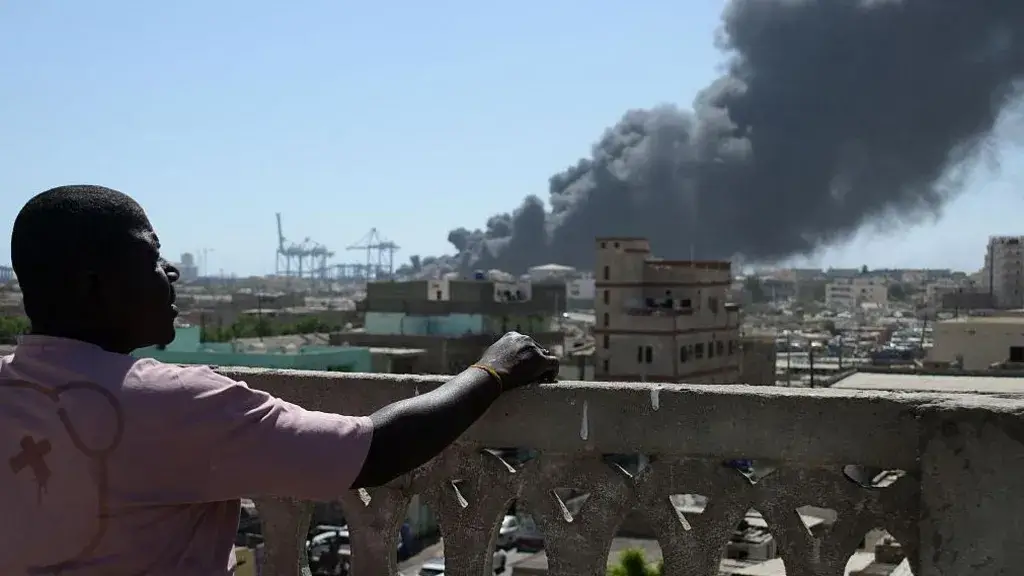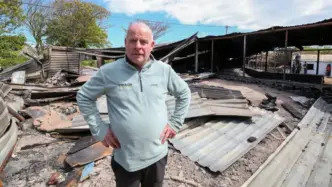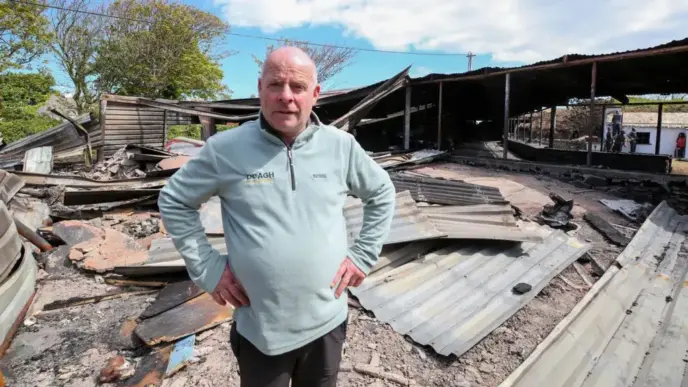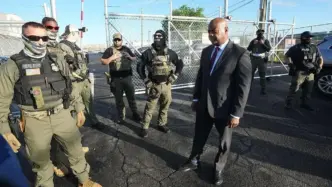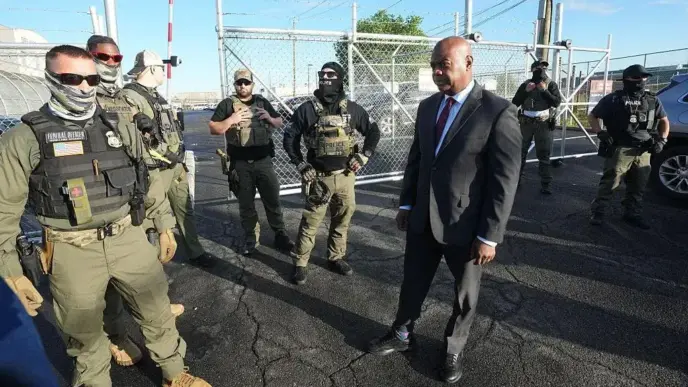Port Sudan, Sudan — Days of relentless airstrikes have pushed Port Sudan to the brink. Once a refuge from Sudan’s brutal civil war, the coastal city is now in crisis following a wave of drone assaults by the Rapid Support Forces (RSF).
Fuel depots were hit during six days of aerial bombardment, triggering fires that continue to burn. Without diesel, the city’s water systems have failed, leaving thousands without access to clean water.
The war between the Sudanese army and the RSF, now entering its third year, has already forced over 12 million people from their homes. Port Sudan had been one of the few remaining safe zones — until now.
Among the displaced is Mutasim, 26, who arrived in the city two years ago after fleeing Omdurman. “We escaped violence hoping for peace,” he said. “Now we’re trapped again.”
Mutasim says water has become nearly impossible to afford. Only a week earlier, he paid 2,000 Sudanese pounds for a day’s worth of water. Today, he pays five times that, if he can find it at all.
“We can’t cook, clean, or bathe properly. Soon, we won’t be able to buy any water,” he said. He supports his family by trading essentials in the local market, but rising costs are making survival harder by the day.
The destruction of fuel infrastructure has triggered another crisis — fuel shortages. Cars line up for hours at gas stations. “It took me five hours yesterday just to get petrol,” said Mutasim. The power grid is also down, worsening already unbearable heat and humidity.
“My aunt is over 70. She can’t sleep at night without a fan. None of us can,” he said.
Hawa Mustafa, a teacher from Darfur, sought safety in Port Sudan more than two years ago. She now lives in a shelter with her four children. But the latest attacks have shattered any sense of peace.
“The sound of drones and explosions brought back the fear we fled,” she said. Her husband remains stuck in their hometown due to the conflict. She is now the sole caretaker of their children.
“I wanted to leave for a neighboring country, but now I don’t think that will ever happen,” she added.
Others in the city echo her concerns. Mariam Atta, another resident, said the situation has drastically changed. “We live in constant fear. Life is no longer normal,” she said.
Before the strikes, Port Sudan was the last major functioning hub for humanitarian aid. It hosts Sudan’s only operating international airport and a crucial seaport. The UN’s World Food Programme (WFP) used it to move food supplies into the country.
“In March, we moved nearly 20,000 metric tonnes of food — more than half through Port Sudan,” said Leni Kinzli, a WFP spokesperson. But that pipeline is now at risk.
Shashwat Saraf, Sudan director for the Norwegian Refugee Council, warned that ongoing attacks could block aid delivery. “We fear a worsening humanitarian disaster if life-saving supplies can’t get in,” he said.
At night, the city turns dark. Cafés once filled with locals watching football are now shuttered. People stay indoors, afraid of what might come next.
Port Sudan, once a lifeline for millions, now faces a growing emergency — with water, electricity, and hope all running dry.

